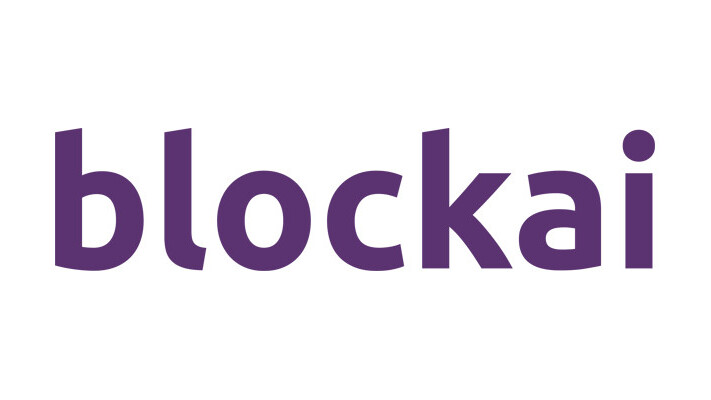
The majority of artists in the United States can’t afford to register their copyright with the US Copyright Office. While the internet makes it easier than ever to create and share works of art, it’s done little-to-nothing to help protect copyright and what few strides its made have largely benefited huge companies rather than smaller artists.
Blockai wants to change all that by using the power of the blockchain to help you register and protect your work online. While copyright laws are still rather vague and corporate-centric, it’s not necessary for artists to register with the US Copyright Office to maintain a copyright. That said, it certainly makes it easier to prove when the copyright was created and to assist in legal battles should they arise.
According to Nathan Lands, CEO and Co-Founder of Blockai:
“We’re not trying to replace the need to file your most important copyrights with the Copyright Office. In America, if you want to win money in a lawsuit, you still need to register with the Government. But, there is a whole lot that you can do to protect your copyright without having to go to court.”
Using the same technology that verifies the world’s bitcoin transactions (the blockchain), Blockai wants to assist artists by making it easy to timestamp your protected works all while attempting to spot those infringing on your intellectual property by scouring the Web for offenders.
Once you register, you’ll receive a copyright certificate with a permanent timestamp proving the time it was created. Using blockchain technology makes tampering with this after the fact an utter impossibility, thus helping your case should it ever come to litigation. “Our mission is to help artists turn their copyrights into assets,” says Lands.
Blockchain technology has a wide variety of application outside of monitoring bitcoin purchases. Whether it can win the war on copyright infringement remains to be seen, but it’s an innovative idea and one that could advance copyright protection to the modern day, rather than being stuck in the 70s, as it sits currently.
Get the TNW newsletter
Get the most important tech news in your inbox each week.











